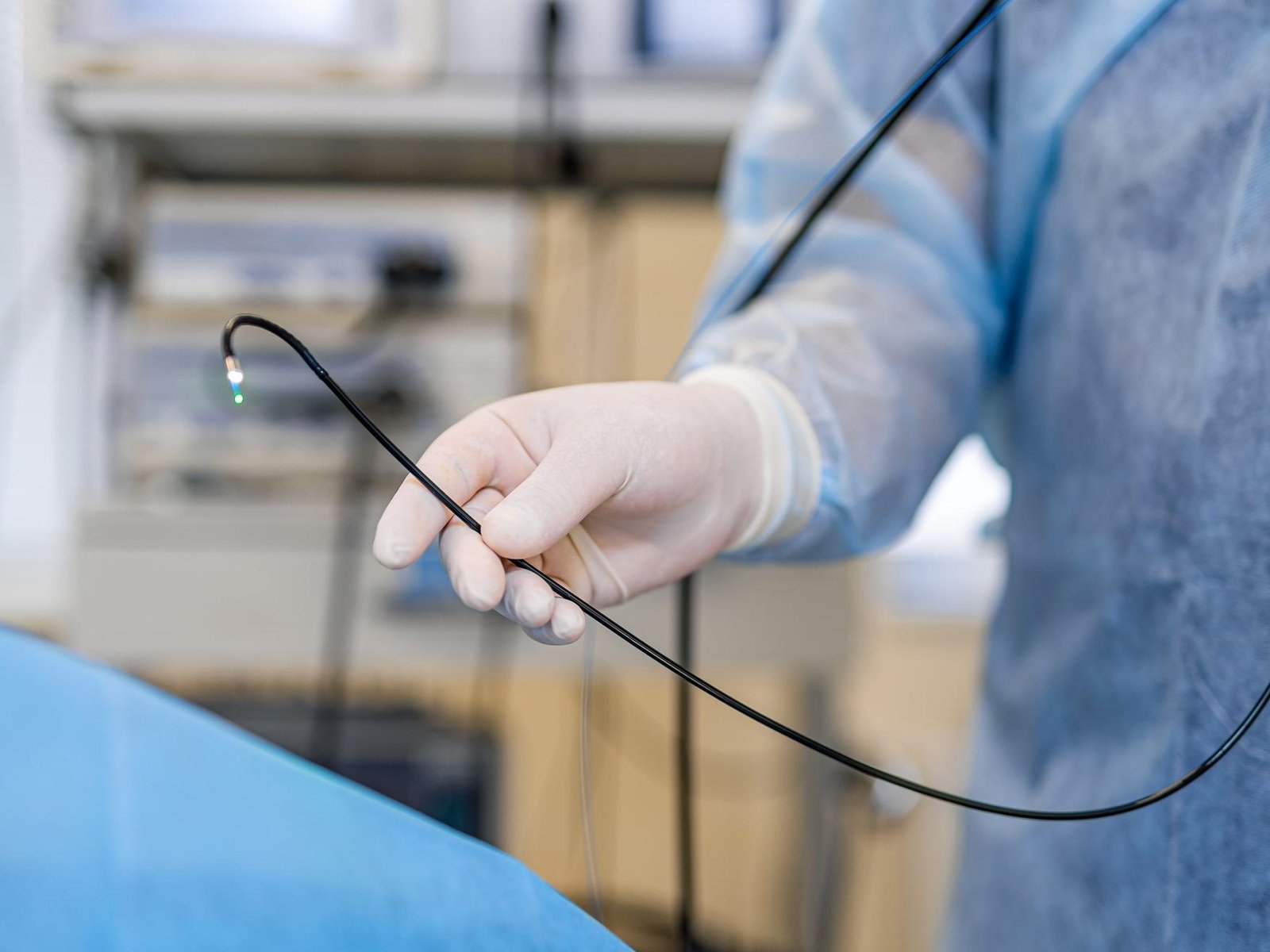Research Findings
The integration of artificial intelligence (AI) in colonoscopy procedures may negatively affect the skills of endoscopists, particularly in detecting precancerous growths known as adenomas, according to a study published in The Lancet Gastroenterology & Hepatology.
Key Points
- Colonoscopy is crucial for identifying and removing adenomas, which can prevent bowel cancer.
- While AI has been shown to enhance adenoma detection rates, concerns arise regarding its impact on the skills of healthcare professionals.
- Dr. Marcin Romańczyk from the Academy of Silesia emphasizes the need for further research on AI’s effects on medical skills.
Study Overview
The study was conducted at four colonoscopy centers in Poland from September 2021 to March 2022. Key details include:
- Regular AI assistance was introduced at the centers in late 2021.
- A total of 1,443 colonoscopies were performed, with 795 conducted before AI implementation and 648 afterward.
- 19 experienced endoscopists, each with over 2,000 procedures, participated in the study.
Results
The findings revealed a significant decline in adenoma detection rates:
- Before AI exposure: 28.4% (226 out of 795 colonoscopies).
- After AI exposure: 22.4% (145 out of 648 colonoscopies).
- AI-assisted colonoscopies showed a detection rate of 25.3% (186 out of 734 colonoscopies).
Expert Opinions
Prof. Yuichi Mori from the University of Oslo raised questions about previous studies that reported higher detection rates with AI assistance, suggesting that continuous AI exposure may have influenced the outcomes.
Limitations and Future Research
The authors noted several limitations:
- The observational nature of the study may have allowed other factors to influence results.
- The study’s focus on experienced endoscopists limits its applicability to less experienced professionals.
Dr. Omer Ahmad from University College London highlighted the need for caution in adopting AI technologies, emphasizing the potential for unintended consequences on clinical skills.
Conclusion
As AI continues to be integrated into healthcare, it is essential to balance its benefits with the preservation of fundamental skills among health professionals to ensure high-quality patient care.
